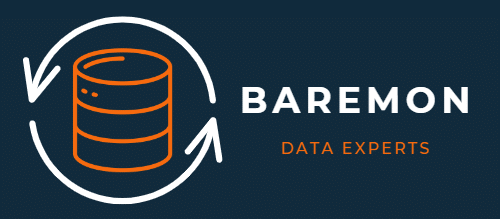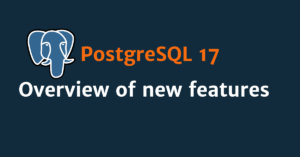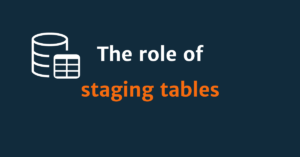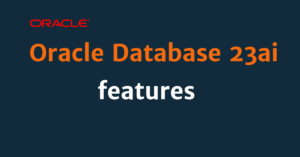Your guide to effective data management
In the digital age, where data is the new currency, effectively managing this invaluable asset is crucial for any organization’s success. As we step into 2023, understanding and implementing robust data governance tools has never been more important. This article delves into the essence of data governance, its necessity, and how to choose the ideal tool for your organization.
- Understanding Data Governance
- The Need for Data Governance
- Key Features of a Good Data Governance Tool
- How to Choose the Best Data Governance Tool
- Summary of Top Data Governance Tools for 2024
- Informatica Axon Data Governance
- Collibra Data Governance
- Talend Data Fabric
- IBM Data Governance
- SAP Master Data Governance (MDG)
- Alation Data Catalog
- Oracle Enterprise Metadata Management (OEMM)
- Ataccama ONE
- erwin Data Governance
- Varonis Data Governance Suite
- Precisely Data 360 Govern
- OneTrust Data Governance
- Conclusion
Understanding Data Governance
Data governance is the orchestration of people, processes, and technology to ensure that data is accurate, available, and secure. It encompasses setting policies, establishing standards, and implementing procedures to manage and use data effectively. In an era dominated by big data, AI, and machine learning, data governance is the cornerstone of data integrity and reliability.
The Need for Data Governance
The risks associated with poorly managed data are significant – ranging from compliance breaches and security incidents to poor decision-making due to inaccurate data. Conversely, effective data governance brings numerous benefits. It ensures compliance with regulations like GDPR, enhances data security, improves data quality, and supports better business decision-making.
Key Features of a Good Data Governance Tool
When assessing data governance tools, several key features stand out:
- Data Quality Management: Tools should ensure the accuracy, completeness, and consistency of data.
- Compliance and Security Features: Essential for meeting regulatory requirements and protecting data from unauthorized access and breaches.
- Data Cataloging and Metadata Management: Facilitates easy discovery, understanding, and management of data assets.
- User Access and Permissions Management: Controls who can access and modify data, crucial for maintaining data integrity.
- Integration Capabilities: The ability to integrate with existing systems and databases is vital for seamless data management.
- Scalability and Flexibility: Tools should adapt to the growing and changing needs of the organization.
How to Choose the Best Data Governance Tool
Selecting the right data governance tool involves several considerations:
- Assess Your Needs: Understand your organization’s specific data governance challenges and objectives.
- Scalability: Choose a tool that can grow with your organization, accommodating increased data volumes and complexity.
- Ease of Use: A user-friendly interface is essential for widespread adoption across your organization.
- Support and Services: Consider the level of customer support and training services offered.
- Cost vs. Benefit: Balance the cost of the tool against the features and benefits it provides.
Summary of Top Data Governance Tools for 2024
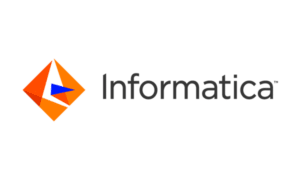
Informatica Axon Data Governance
- Main Features: Data Discovery and lineage, collaborative environment, data quality metrics, customizable dashboards and reporting, policy and standards management, regulatory compliance, workflow management
- Key Differentiators: Integration with Informatica’s ecosystem, scalability, community and collaboration features, user-friendly interface
- Pros: Comprehensive solution, robust integration capabilities, AI driven automation, dictionary, search and rating features, strong collaboration tools, customization
- Cons: Complexity, higher cost, resource intensive, dependence on Informatica ecosystem.

Collibra Data Governance
- Main Features: Data cataloguing and metadata management, data lineage and impact analysis, policy and standards management, data stewardship, collaborative workflow, regulatory compliance, customizable dashboards and reporting
- Key Differentiators: Intuitive interface, broad integration capabilities, community-driven approach, robust compliance framework
- Pros: All in one solution, user-friendly, comprehensive features, data help desk capabilities, strong community and collaboration tools, flexibility in integration
- Cons: Complexity for smaller organizations, cost considerations, requires continuous management, learning curve, integration with legacy systems.
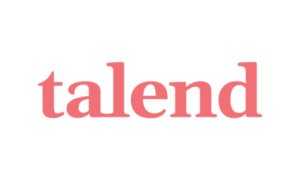
Talend Data Fabric
- Main Features: Data integration, data quality, MDM, metadata management, data preparation, data stewardship, self-service data access, compliance and security
- Key Differentiators: Unified platform, open-source roots, broad connectivity
- Pros: Comprehensive solution, flexibility and scalability, user-friendly interface, strong community and support
- Cons: Learning curve, potentially high cost, integration complexity, resource intensive
- Pricing: Customized based on requirements.
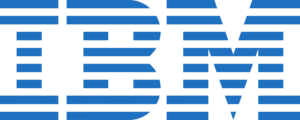
IBM Data Governance
- Main Features: Data Discovery and profiling, data quality management, data security and privacy, policy management, data cataloguing, compliance reporting, collaboration tools, IBM recently bought data lineage platform Manta
- Key Differentiators: Integration with IBM Ecosystem, advanced analytics capabilities, customisable framework
- Pros: comprehensive solution, strong security features, user-friendly interface, scalability
- Cons: Cost, complexity, integration with non-IBM products, resource intensive.
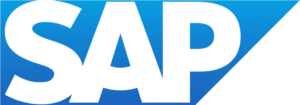
SAP Master Data Governance (MDG)
- Main Features: Centralized data management, data quality management, workflow and process control, integration with SAP and non-SAP systems, data modelling and extensibility
- Key Differentiators: Deep SAP integration, data modelling flexibility, comprehensive data governance, support for various data domains
- Pros: Ideal for SAP-centric organizations, comprehensive governance, flexibility and customization, support for multiple data types, security features
- Cons: Complexity, higher cost, learning curve, dependence on SAP ecosystem.
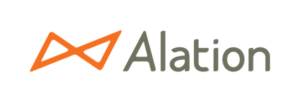
Alation Data Catalog
- Main Features: Data Discovery and search, data lineage, automated data curation, collaboration tools, governance and stewardship
- Key Differentiators: Machine learning-enhanced discovery, user-friendly interface, behavioural analysis, broad connectivity
- Pros: Enhanced data discovery, user engagement, insightful analytics, flexibility in integration
- Cons: Complexity in large deployments, cost considerations, learning curve, dependence on continued subscriptions.
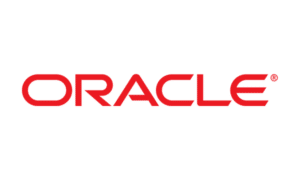
Oracle Enterprise Metadata Management (OEMM)
- Main Features: Metadata harvesting, data lineage and impact analysis, metadata search and browsing, integration with Oracle and non-Oracle products, customisable dashboards, version control, standards compliance.
- Key Differentiators: Deep integration with Oracle ecosystem, flexible metadata management, advanced data lineage visualisation
- Pros: Comprehensive metadata management, strong integration capabilities, enhanced data governance, user-friendly interface
- Cons: Complexity for new users, cost considerations, resource intensive, dependence on Oracle ecosystem.
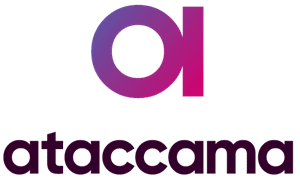
Ataccama ONE
- Main Features: Data quality management, MDM, data catalog and metadata management, data governance, self-service data preparation, policy management and compliance
- Key Differentiators: AI-powered automation, integrated platform, scalability, user-centric design
- Pros: Comprehensive data governance, AI-driven insights, scalability, flexibility
- Cons: Learning curve, integration with legacy systems, cost, resource requirements.
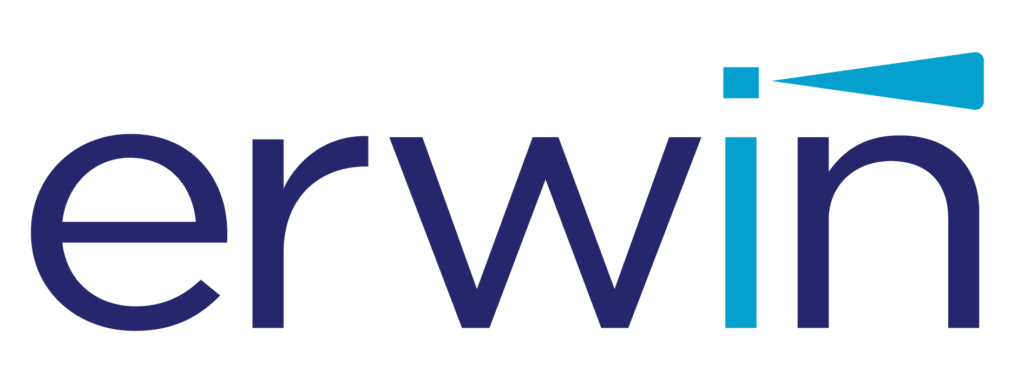
erwin Data Governance
- Main Features: Data cataloguing, data literacy and business glossary, data lineage and impact analysis, policy and standards management, role-based access control, integration capabilities, compliance and reporting.
- Key Differentiators: Business-IT collaboration, customizable frameworks, comprehensive data governance
- Pros: enhanced data understanding, facilitates compliance, promotes collaboration, customizability
- Cons: Complexity, integration with non-standard systems, resource intensive, cost.
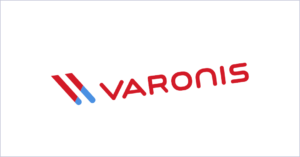
Varonis Data Governance Suite
- Main Features: Data security and protection, user behaviour analytics, data classification, access permissions management, audit trail and reporting, threat detection and response, data privacy compliance
- Key Differentiators: Focus on unstructured data, advanced user behaviour analytics, automated data classification,
- Pros: Enhanced data security, compliance support, real-time monitoring and alerts, user access insights
- Cons: Complexity, resource intensive, cost, focus on unstructured data.
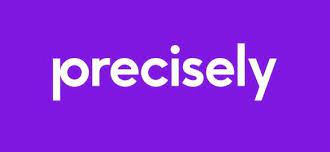
Precisely Data 360 Govern
- Main Features: Data quality management, policy and standards management, data cataloguing and metadata management, collaborative workflow, data lineage and impact analysis, regulatory compliance, customizable dashboards and reporting
- Key Differentiators: Strong emphasis on data quality, collaboration-centric approach, comprehensive policy management
- Pros: Enhanced data quality, promotes organizational collaboration, customizability, support for compliance
- Cons: Complexity for new users, resource requirements, integration with existing systems, cost considerations.

OneTrust Data Governance
- Main Features: Data Discovery and classification, data cataloging and metadata management, privacy and compliance management, data quality management, policy and standards management, risk management, data ethics and usage monitoring
- Key Differentiators: Integrated Privacy and security focus, AI and automation capabilities, comprehensive compliance tools
- Pros: Enhanced compliance capabilities, automation and AI integration, holistic data governance approach, user-friendly interface
- Cons: Complexity for smaller organizations, resource intensive, integration with legacy systems, cost.

- Main Features: Collaborative data workspace, automated data Discovery and cataloguing, data lineage and metadata management, data quality framework, compliance and security management, customizable dashboards and reporting, integration with data tools.
- Key Differentiators: User-friendly and collaborative interface, focus on modern data Teams, strong emphasis on automation.
- Pros: Enhanced collaboration, ease of use, automation and efficiency, flexible integration.
- Cons: Relative newcomer, resource requirements, focused scope, scalability.
Conclusion
Selecting the right data governance tool is crucial for managing and leveraging data effectively. Each tool offers unique features, tailored to different needs. Consider factors like scalability, user-friendliness, and cost when making your choice. Investing in robust data governance is a strategic imperative for 2024 and beyond.
Embark on your journey to exceptional data management with our expert solutions. Discover more about our comprehensive Data Governance services and how we can tailor them to your organization’s unique needs.
